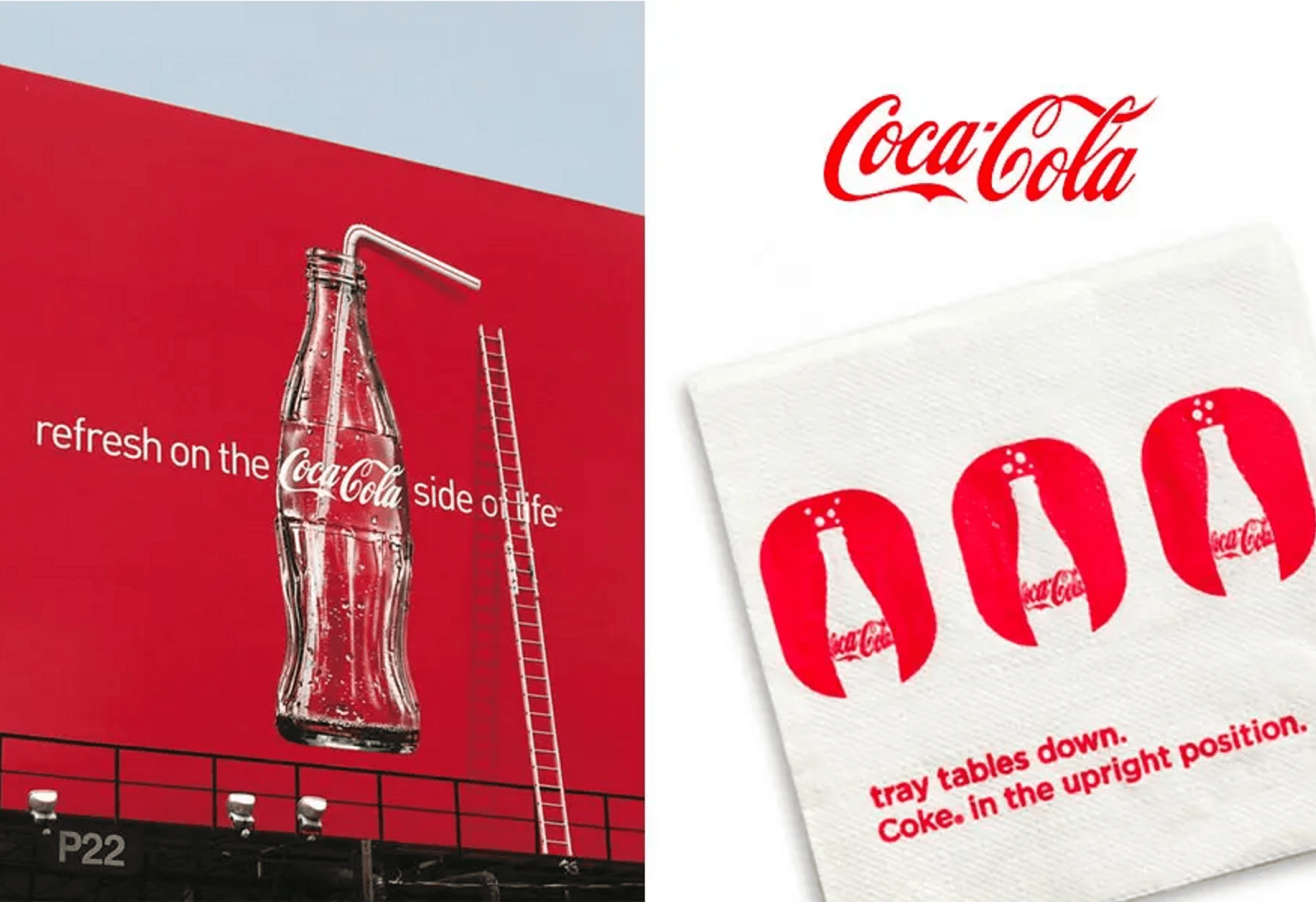In this blog, we will explore the four essential elements of remarkable brand storytelling and how businesses can incorporate these elements into their brand storytelling efforts. Our goal is to provide businesses with a roadmap for crafting compelling and memorable brand stories that will help them stand out in today's crowded market.
From the importance of authenticity to the power of relevance, we will delve into the key elements that make a brand story truly remarkable. So, whether you're just starting out with your brand storytelling efforts or looking to take your existing storytelling efforts to the next level, this blog is for you.

Key Element 1: Authenticity
Authenticity is the foundation of remarkable brand storytelling. Consumers today are savvy and can easily detect when a brand is being inauthentic. That's why it's crucial for businesses to infuse authenticity into their brand storytelling efforts.
Authenticity means being true to who you are as a brand and communicating that in a genuine and relatable way. It means not trying to be something you're not, but rather embracing your unique brand personality and values. When a brand is authentic, it builds trust and credibility with its customers, which is essential for establishing a strong, lasting relationship.
To infuse authenticity into your brand storytelling, start by defining your brand values and mission. What sets you apart from your competitors? What do you stand for and what do you believe in? Once you have a clear understanding of your brand's personality and values, you can start to craft stories that reflect those values and connect with your target audience.
The benefits of authentic brand storytelling are clear. Authentic stories are more relatable and engaging, and they help build a strong emotional connection with customers. When a brand's stories are authentic, customers are more likely to trust the brand and view it as a credible and reliable source of information.
In short, authenticity is key to remarkable brand storytelling. By embracing your brand's unique personality and values, and communicating them in a genuine and relatable way, you can build a strong, memorable brand that connects with your customers and stands out in the market.

Key Element 2: Emotion
Emotion is another key element of remarkable brand storytelling. Brands that can evoke strong emotions in their customers are more likely to leave a lasting impression and build a strong emotional connection with their audience.
Emotions can come in many forms, from happiness and excitement to sadness and anger. The key is to choose the right emotion to tell your brand's story and connect with your target audience. For example, if your brand is focused on family values, you might use stories that evoke feelings of warmth, love, and security.
Incorporating emotions into your brand storytelling can be as simple as adding emotional images or music to your content, or as complex as crafting a story that takes your audience on an emotional journey. Whatever approach you choose, the goal is to make your brand story emotional and memorable.
But why is emotion so important in brand storytelling? The answer is simple: emotions drive action. When a customer is emotionally invested in a brand, they are more likely to take action, whether that's making a purchase, sharing your story with friends and family, or becoming a brand advocate.
Emotional brand storytelling also helps build brand loyalty. When a customer has a strong emotional connection with a brand, they are more likely to be a repeat customer and less likely to switch to a competitor.
In conclusion, incorporating emotion into your brand storytelling is essential for creating remarkable stories that connect with customers and build a strong emotional connection with your brand. Whether you choose to evoke happiness, sadness, excitement, or any other emotion, the goal is to make your brand story emotional, memorable, and impactful.
.png)
.png)
.png)

Key Element 3: Consistency
Consistency is another critical element of remarkable brand storytelling. Consistent brand storytelling helps build a recognizable and memorable brand, and reinforces key brand messages over time.
Consistency starts with having a clear brand message and tone of voice. This should be reflected in all of your branding and marketing materials, from your website and social media profiles to your packaging and advertising. By consistently using the same tone, imagery, and messaging across all touchpoints, you create a cohesive brand image that is easily recognizable and memorable to your target audience.
Another aspect of consistency is maintaining a consistent narrative. This means having a clear and consistent brand story that is communicated consistently across all channels. A consistent brand story not only helps build a stronger brand image, but it also helps establish a clear brand identity in the minds of your customers.
Consistent brand storytelling also helps build trust with customers. When customers see a consistent message and tone across all of your materials, they are more likely to trust that your brand is genuine and reliable.
In conclusion, consistency is a crucial element of remarkable brand storytelling. By having a clear brand message and tone of voice, maintaining a consistent narrative, and consistently communicating your brand story across all touchpoints, you can build a strong and memorable brand that connects with customers and reinforces your key brand messages.




Key Element 4: Relevance
Relevance is the final key element of remarkable brand storytelling. Relevance means telling stories that are relevant and meaningful to your target audience. Brands that can create relevant stories are more likely to connect with their customers and leave a lasting impression.
To create relevant stories, you need to understand your target audience and what motivates them. This requires research and a deep understanding of your customer's needs, wants, and pain points. Once you have this information, you can craft stories that resonate with your target audience and are relevant to their lives.
Relevance also means keeping your stories up-to-date and relevant to current events and trends. For example, if there is a current trend or event that is relevant to your brand and target audience, you can create stories that incorporate this trend or event. This not only makes your stories more relevant, but it also helps position your brand as being at the forefront of the latest trends and events.
Incorporating relevance into your brand storytelling helps create a deeper connection with your customers and sets your brand apart from your competitors. When customers see that your brand is creating stories that are relevant and meaningful to them, they are more likely to view your brand as trustworthy and genuine.
In conclusion, relevance is an essential component of remarkable brand storytelling. By crafting stories that are relevant and meaningful to your target audience, you can create a deeper connection with your customers and establish a strong and memorable brand. Whether you're creating stories based on current trends or events, or stories that resonate with your customer's needs, wants, and pain points, the goal is to make your stories relevant and impactful.




In conclusion, remarkable brand storytelling is a powerful tool for connecting with your customers and establishing a strong and memorable brand. By incorporating the four key elements of authenticity, emotion, consistency, and relevance, you can craft stories that are engaging, meaningful, and impactful.
Effective brand storytelling calls for more than just surface-level knowledge of your target audience - it requires a deep understanding of the people you want to reach. To make an impact, you need to commit to creating stories that will capture their attention and inspire them to take action. This is no small feat, and it requires consistent effort and investment. You must constantly evaluate and refine your brand stories to make sure they are relevant, captivating, and truly effective in inspiring your audience. It's not something that can be achieved overnight, but with dedication and creativity, you can craft powerful stories that will have a lasting impact.
However, the rewards of remarkable brand storytelling are well worth the effort, as the benefits to your brand are incomparable. Crafting stories that resonate with your customers and differentiating your brand from the competition will help you to establish a powerful and positive brand recognition. This in turn will help to create a loyal customer base that will remain loyal to your brand for a long time to come. Moreover, such brand storytelling will help to build a strong emotional connection with your customers, fostering a sense of trust and loyalty. This, in turn, can help to build a strong and lasting relationship with your customers, which can then lead to more sales and better brand recognition.
So, it is essential that you take the time to invest in remarkable brand storytelling and put in the effort to create a narrative that resonates with your audience. This will help to strengthen the recognition and perception of your brand, making it more memorable and impactful. It is also important to ensure that your story is authentic and unique, as this will help to further differentiate your brand from others in the market. Through remarkable brand storytelling, you can create an engaging and powerful narrative that will help to build a positive relationship with your customers.

